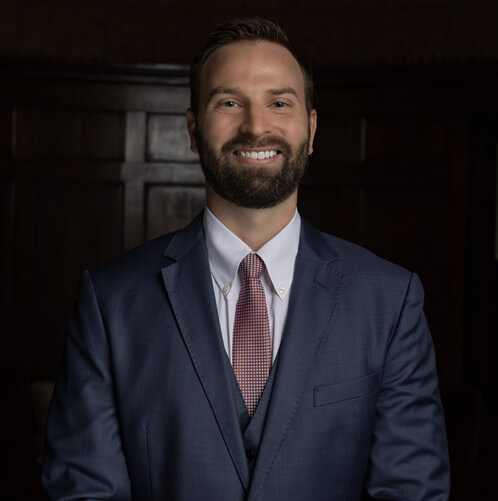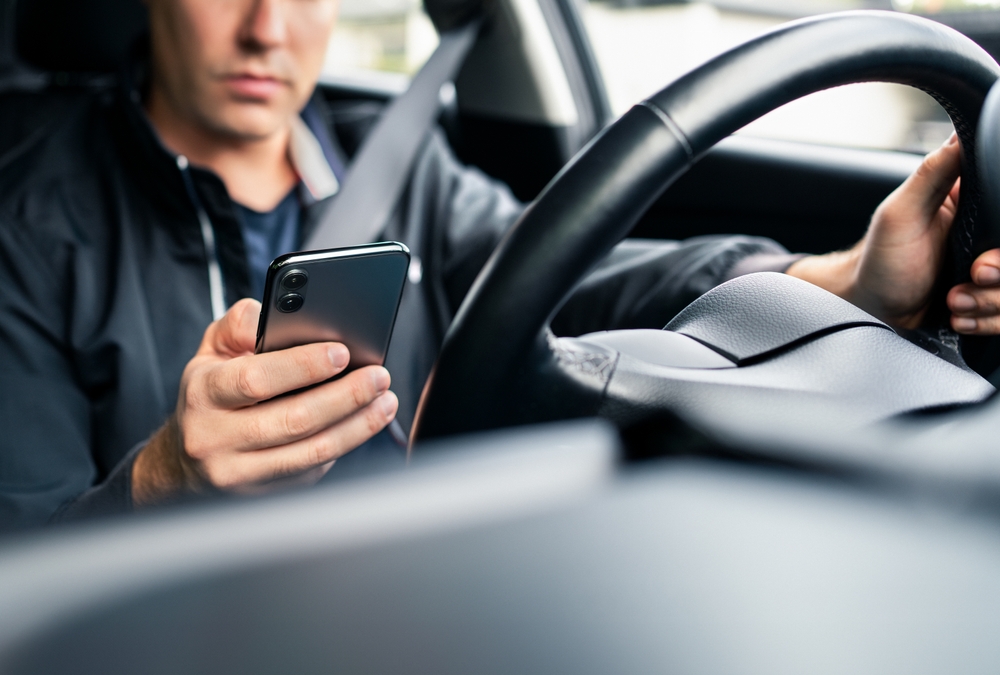
Partner at Charbonnet Law Firm LLC
Practice Areas: Car Accident, Slip-and-Fall, Work-related Injury

Driving for Uber or Lyft in New Orleans is an adaptable method of making extra money. But there’s a significant factor that many rideshare drivers overlook: their auto insurance. One wrong move—like not telling your insurer about your rideshare activity—can cost you your coverage or even leave you personally responsible for damages after an accident.
This article explains when and how insurance applies for rideshare drivers, whether companies like Uber and Lyft can be held liable after a crash, and what drivers should do if they’re in an accident.
Most personal car insurance policies in Louisiana are designed for private, everyday driving—not commercial use, including driving for money through rideshare platforms.
Most personal auto insurance policies explicitly exclude coverage when a vehicle is being used for commercial purposes, such as rideshare driving.
If you get into an accident while driving for Uber or Lyft and haven’t disclosed this to your insurer, they could deny your claim. This happens because rideshare driving is considered a change in the risk you present to the insurer. If they didn’t know you were using your car for work, they may argue that they wouldn’t have insured you under the same terms.
Louisiana doesn’t have a state law that forces you to inform your insurer you’re driving for a rideshare company. But that doesn’t mean you’re in the clear. Insurance policies are contracts, and one of the main terms is that you provide accurate and complete information about how you use your vehicle.
Failing to notify your insurance company about driving for Uber or Lyft may result in claim denial or policy cancellation due to material misrepresentation.
According to the Louisiana Insurance Code §22:1264, insurers can cancel or void policies if they find out the driver withheld information that impacts their decision to cover the person. This is often the case if the driver didn’t disclose their rideshare activity when signing up or renewing their policy.
Even if you don’t say a word, insurance companies have ways of finding out. If you get into an accident while the Uber or Lyft app is active, or if the crash involves a rideshare passenger, it’ll likely show up in the accident report. Rideshare platforms also have their own trip documentation and driver logs.
Accident data, claims reports, and app activity may reveal your rideshare status.
Insurers can also access national databases like CLUE (Comprehensive Loss Underwriting Exchange), which track claims and incident history. If there’s any hint that the car was being used commercially, your insurance company will dig deeper.

Both Uber and Lyft offer insurance for their drivers, but it only applies in specific situations. This is known as tiered coverage, and it depends on what you were doing at the time of the crash.
|
Driver App Status |
Coverage Source |
Coverage Details |
| App Off | Personal auto policy only | No Uber/Lyft coverage applies |
| App On, Waiting for Ride | Uber/Lyft contingency | $50K/person BI, $100K/accident BI, $25K property damage |
| En Route to Pick-up or Transporting | Uber/Lyft primary | Up to $1M liability + possible UM/UIM coverage |
Uber and Lyft provide $1 million in liability coverage while drivers are en route or transporting passengers, but only limited coverage applies when the app is on and no passenger is in the car.
If you’re offline or just running errands, your insurance is all you have. But once you log into the app—even if you haven’t accepted a ride—you’re in a gray area where limited coverage kicks in. Full coverage only activates when you’re picking up or driving a passenger.
If you’re involved in an accident as a rideshare driver, there are several parties you may need to notify. This includes Uber or Lyft, their insurance partner, and your insurer.
To contact Lyft after an accident, you can report the crash in the Lyft Driver app or use the claims hotline listed on their website. Uber has a similar process through their app or online portal.
Report to Uber or Lyft support via their app, and consult an attorney before speaking with any insurer.
When talking to insurance reps—especially those from the rideshare company’s insurer—stick to the facts. Don’t admit fault, speculate, or sign anything before getting legal advice. Insurance companies often aim to settle quickly and for the least amount of money.

If your insurer finds out that you’ve been driving for Uber or Lyft without telling them, the consequences can be severe. They may refuse to cover an accident or even cancel your policy altogether. That leaves you personally liable for injuries and property damage.
In Louisiana, comparative fault laws can also reduce your compensation if you’re found partially at fault. This means any claim you file could be contested—and having incomplete insurance coverage only makes matters worse.
Under Louisiana Civil Code Article 2323, a driver’s If they are judged to be somewhat at fault for an accident, their compensation may be diminished.
It’s also worth noting that even if Uber or Lyft’s insurance does step in, you may still be exposed to out-of-pocket costs if you don’t have the proper coverage setup.
Yes. Insurers generally require you to disclose any commercial or business use of your vehicle, including rideshare driving, or they may cancel your coverage.
You risk losing coverage after an accident or having your claim denied, which will leave you responsible for all damages, especially if Uber or Lyft’s policy doesn’t apply.
Yes. Accident reports, app data, and national claims databases can reveal that you were using your vehicle for commercial purposes during a crash.
Only in some instances. Full coverage applies when you’re transporting a passenger or on your way to pick them up. Otherwise, coverage is limited.
Yes. If your insurance coverage is void or insufficient due to nondisclosure, you could be held personally responsible for injuries or damage.
If you drive for Uber or Lyft, not telling your insurer can seriously jeopardize your financial safety. Louisiana drivers need to be honest with their insurance provider and understand what’s covered—and what’s not—at each stage of a rideshare trip.
Uber and Lyft do provide insurance, but only under specific conditions. That coverage won’t protect you if you’re not honest with your own insurance company.
If you’ve been in a rideshare-related accident or want help reviewing your coverage, the attorneys at Charbonnet Law Firm, LLC can help. We understand Louisiana’s insurance laws and can walk you through your options after a crash.

With over 50 years of legal experience serving families in the New Orleans area and surrounding Louisiana communities, our firm takes pride in providing clients with personalized legal services tailored to individual needs.